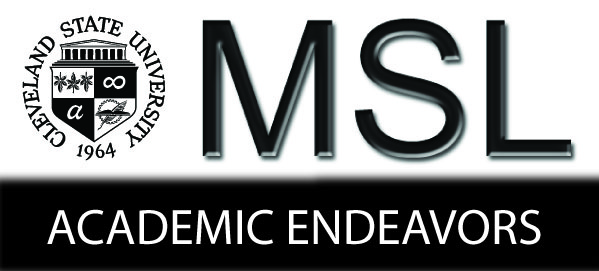
Abstract
Traditionally, formal adult education was reserved for the privileged. Thus, those without the financial means or, as in the case of the United States prior to 1865, individuals who were enslaved, were unable to capitalize on the educational benefits of the upper class. Hence, other means were used to obtain knowledge. For African Americans, community voluntary organizations and the Church served as informal learning institutions. Education and religion have long been paired in the Church. The AAC engaged African Americans in informal learning through forums, newsletters, fairs, workshops and seminars. Through its ministries, the Church has enabled African American adults to develop leadership and job skills. In addition, adults have had occasion to develop what Robert A. Franklin refers to as “a sense of personal pride and value” based on pedagogy in the Church. The purpose of this study was to examine how one Church ministry, the Lyceum Guild at Washington Tabernacle Baptist Church in St. Louis, used informal learning to educate members of the African American community.
Recommended Citation
Isaac, E. Paulette
(2014)
"Lyceum Guild: A Ministry on a Mission,"
The Journal of Traditions & Beliefs: Vol. 1, Article 4.
Available at:
https://engagedscholarship.csuohio.edu/jtb/vol1/iss1/4

